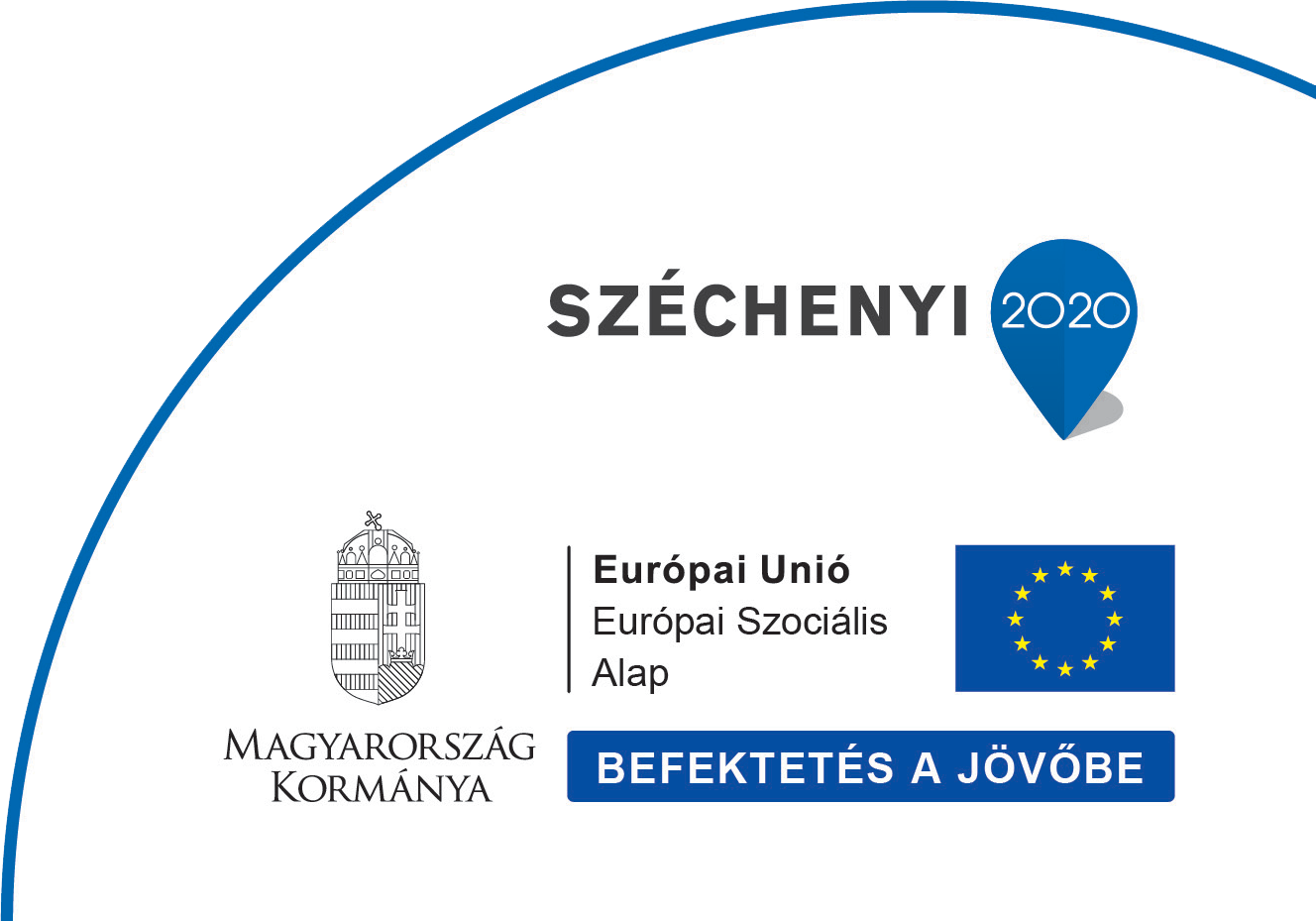The European Union (EU) is one of the world`s largest trading blocks, and its trade agreements impact businesses and consumers across the globe. One of the most significant trade agreements recently signed by the EU is the Comprehensive Economic and Trade Agreement (CETA) with Canada.
CETA was signed in 2016 and entered into provisional application in 2017. The agreement aims to remove barriers to trade between Canada and the EU, making it easier for businesses to access new markets and consumers to access a wider range of goods and services.
One of the key features of CETA is the elimination of tariffs on over 98% of products traded between the EU and Canada. This means that businesses in both regions can benefit from reduced costs and increased competition, which in turn can lead to greater innovation and job creation.
In addition to reducing trade barriers, CETA also includes provisions to protect intellectual property, improve access to government procurement, and establish rules for sustainable trade. For example, the agreement includes a chapter on environmental protection, which sets out commitments to protect and conserve biodiversity, reduce emissions, and promote sustainable development.
While CETA has faced some controversy, particularly around provisions for investor-state dispute settlement, proponents argue that the agreement will benefit both Canada and the EU by creating new opportunities for businesses and promoting economic growth.
Overall, the EU`s trade agreements, such as CETA, are complex documents that require expert analysis and understanding. Copy editors with experience in SEO can play a crucial role in ensuring that articles and other content related to these agreements are clear, accurate, and accessible to a wide audience. By doing so, they can help to promote informed public debate and contribute to better policymaking in this important area.







